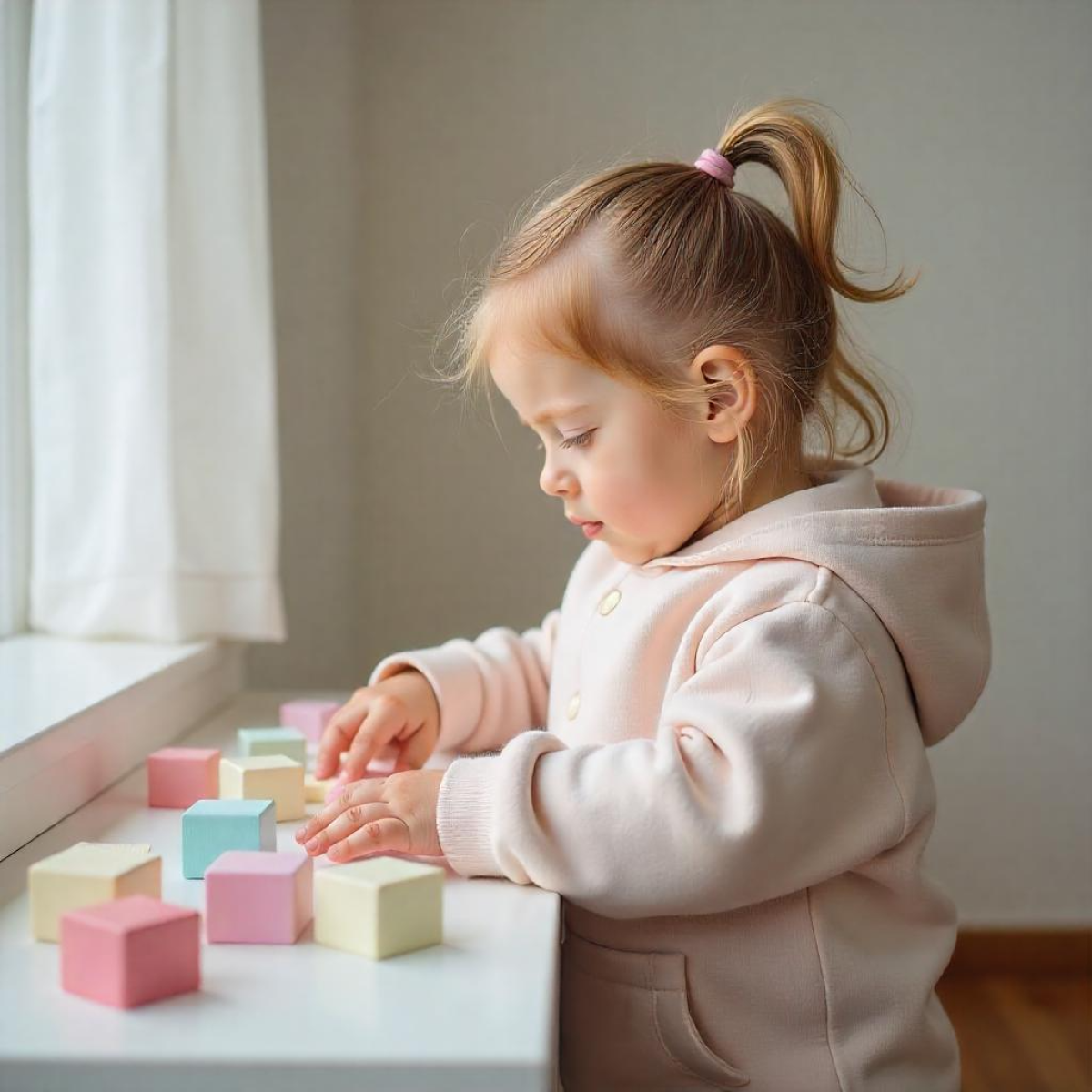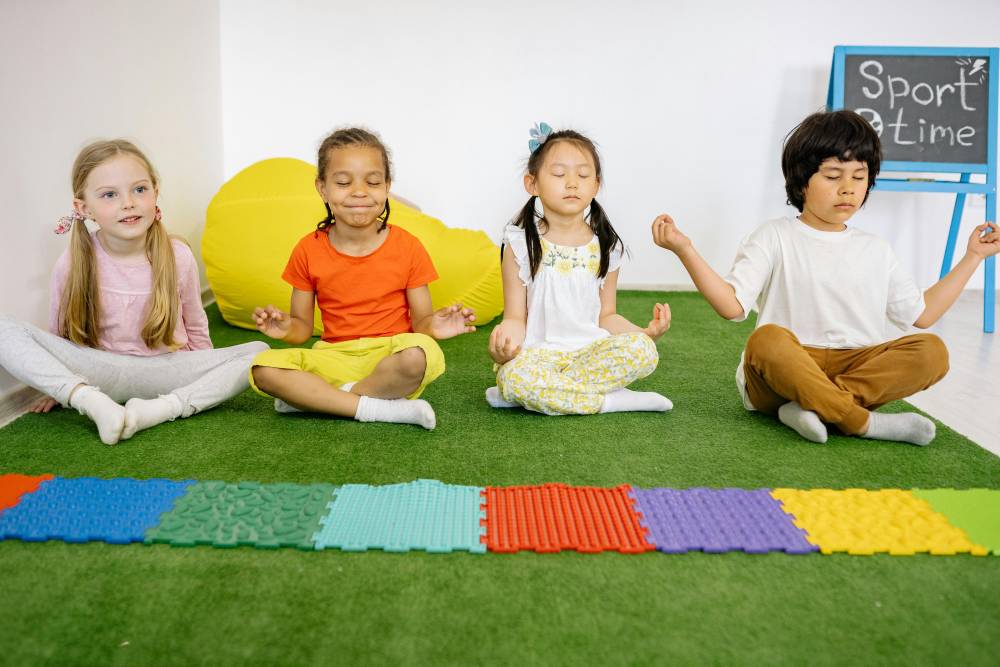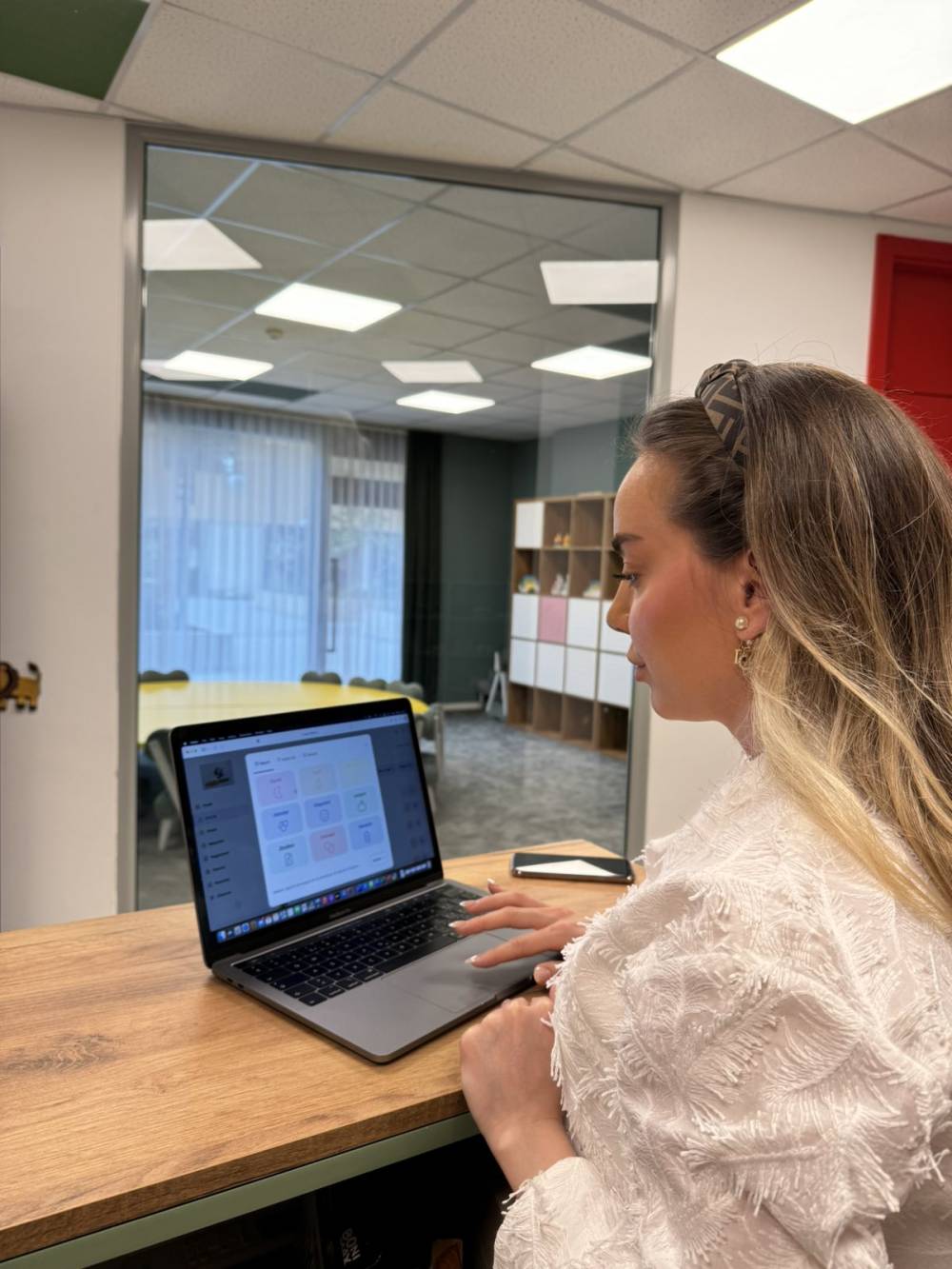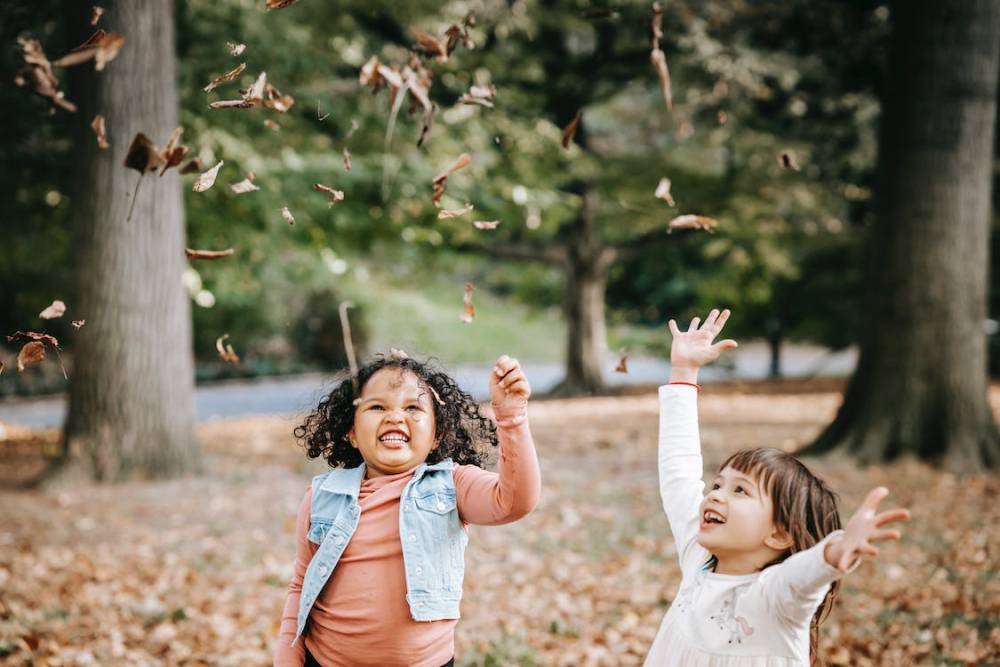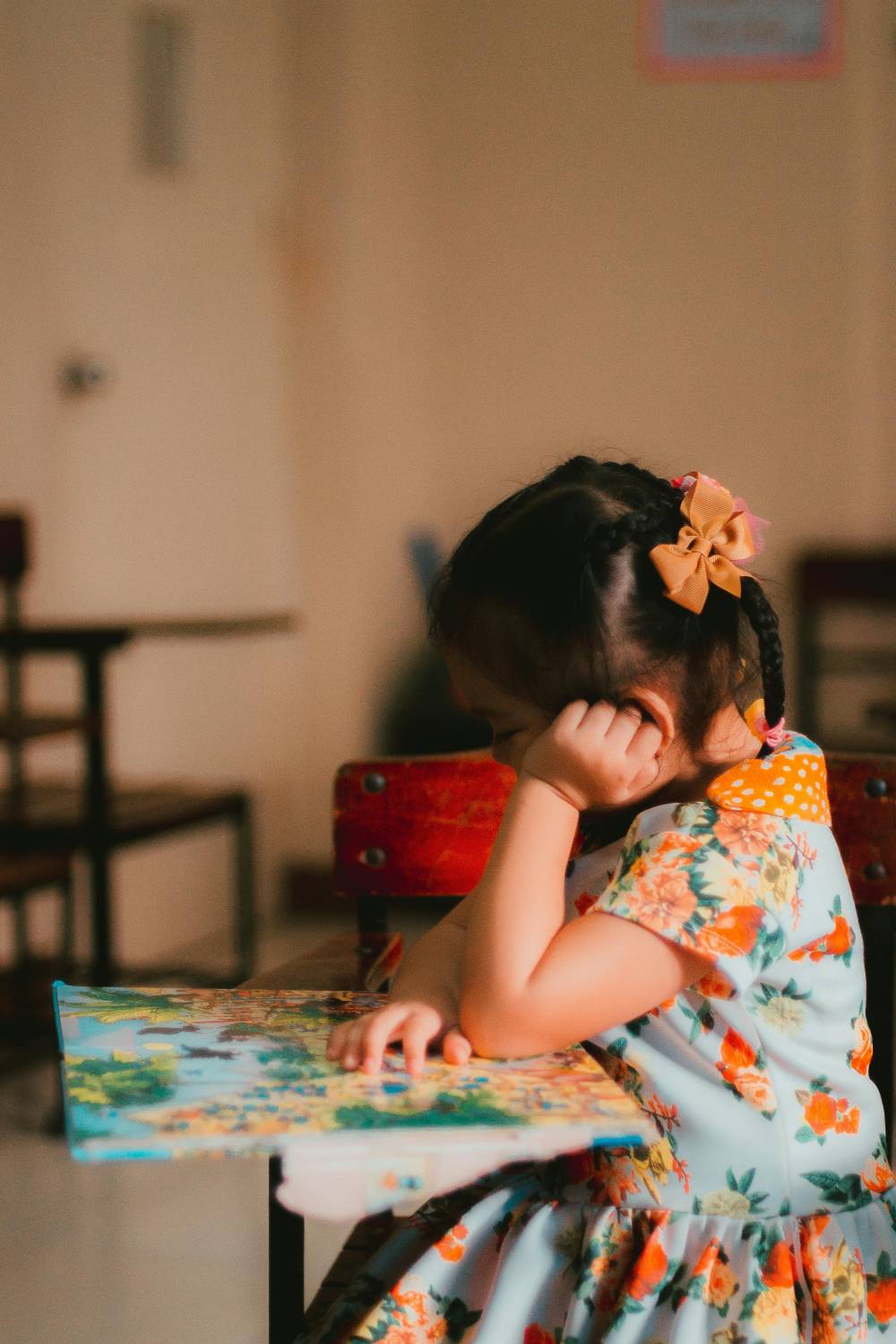In early childhood, play is not just a pastime—it’s a vital part of development. Toys serve as tools for exploration, creativity, and social interaction. However, an often-overlooked aspect of play is teaching children to care for their toys. Encouraging this responsibility at a young age helps build respect for belongings, develop independence, and foster a sense of order.
Whether you are an educator or a parent, here are some effective strategies to guide children toward this important habit.
- Model the Behavior You Want to See
Children learn best by observing adults. Demonstrate how to handle toys gently, return them to their place, and clean up after play. Use phrases like:
-
“We always put our puzzles back in the box.”
-
“Let’s make sure Mr. Teddy sleeps in his basket tonight.”
By seeing adults take care of toys, children begin to imitate and internalize these routines.
- Make Clean-Up Time a Fun Routine
Turn tidying up into a game or a song! Children respond positively to playful routines. Try:
-
Singing a clean-up song while organizing.
-
Using timers: “Let’s see how many toys we can put away in 2 minutes!”
-
Color sorting games when organizing blocks or play items.
Consistency is key. Set a regular time at the end of each play session for clean-up to make it a natural part of their day.
- Create a Clear and Organized Space
Having labeled bins, shelves at child height, and clear categories helps children understand where items go. Use images for younger children who can’t yet read:
-
Picture labels for “Cars,” “Dolls,” “Books,” etc.
-
Shelf dividers or baskets to define spaces.
A tidy and organized environment encourages children to maintain the order they see around them.
- Talk About Responsibility and Respect
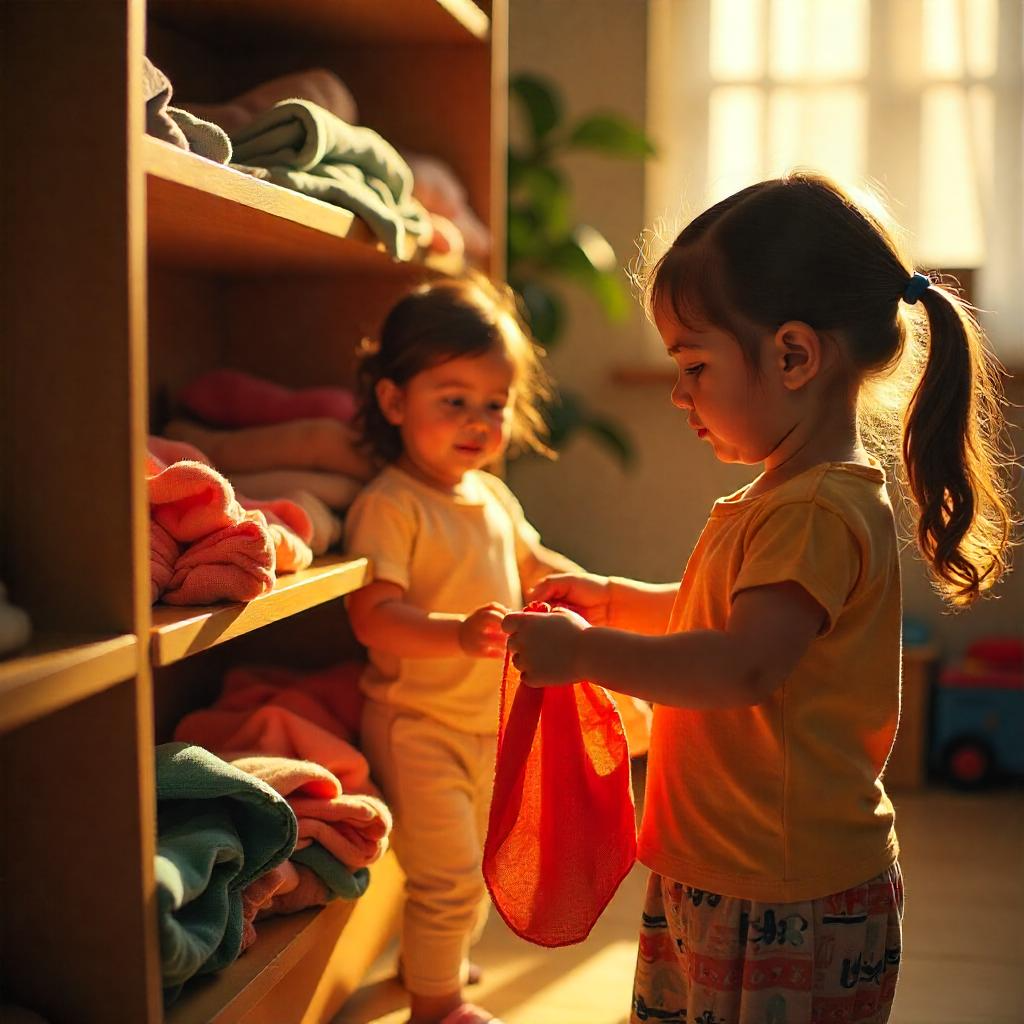
Even toddlers can begin to understand the concept of taking care of their things. Use simple language to explain why it's important:
-
“Toys need to rest too!”
-
“When we take care of our toys, we can play with them longer.”
You’re not just teaching cleaning skills—you're instilling respect for belongings, empathy, and responsibility.
- Reinforce the Habit Through Positive Feedback
Recognize and praise effort:
-
“You put all your crayons back—great job!”
-
“I love how carefully you placed your puzzle on the shelf.”
Positive reinforcement builds motivation and helps the behavior stick.
Bonus Tip: Use Tools Like kidsday to Reinforce These Habits
Educators can share clean-up routines and progress with families using kidsday’s daily reporting features. When parents see their children actively participating in caring for their environment, they can extend the same habits at home. Additionally, photos of organized play spaces or “clean-up stars of the day” can motivate and inspire both children and parents.
A Lifelong Skill Starts Early
Teaching children to take care of their toys may seem like a small task, but it lays the foundation for responsibility, independence, and self-discipline. When caregivers and educators work together—and make it fun and consistent—children develop a healthy respect for their belongings and shared spaces.



